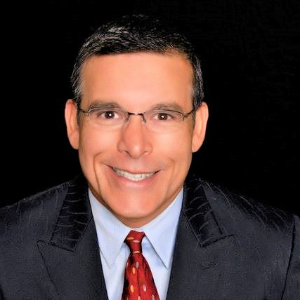
Why You Should Start Investing for Retirement as Early as Possible
People who are starting their careers often have low salaries and little money left over after paying bills. Many individuals and families put off saving for retirement to focus on other goals, such as paying off student loans and credit cards, or saving for a down payment on a house.
Starting when you’re relatively young can pay off in the long run and can help you enjoy financial security when you get older.
How Compound Interest Works
If you invest money in a retirement account, your contributions will earn interest. That interest will be added to the principal that you contributed. The total will be invested and will earn more interest over time. The younger you are when you start investing, the more you will be able to benefit from compound interest.
If you begin investing early, you will be able to contribute relatively small amounts and wind up with a substantial nest egg. If you put off investing for retirement, however, you will have to contribute more each year to end up with the same amount since you will have less time to reap the benefits of compound interest.
If you invest for retirement early in your career and have to stop for some reason, such as a job loss, the money you have already put in your retirement account will continue to grow. Even with a pause or stop in contributions, compound interest may still allow you to reach your retirement goal.
Starting Early Allows You to Focus on Other Priorities
Saving for retirement when you’re young can give you financial flexibility throughout your adult life. If you begin investing early, you will be able to set aside a relatively small amount each month and be confident that you’ll have enough when you retire. In the meantime, you will have disposable income to put toward a house, cars, vacations and other things that you may need or want.
Plan for Your Future
Time can be your greatest advantage when saving for retirement. If you haven’t begun investing yet, get started as soon as possible. If you’re relatively young, even setting aside a modest amount each month can pay off in the long run. If you’re older, you will have to contribute more to catch up. The sooner you get started, the better.
If you need help, contact a financial advisor. A professional can explain how different types of retirement accounts work, help you choose the one that is best for you, estimate out how much money you will need to retire and figure out how much you will have to invest each month to reach that goal.
"Your Direction Home"


